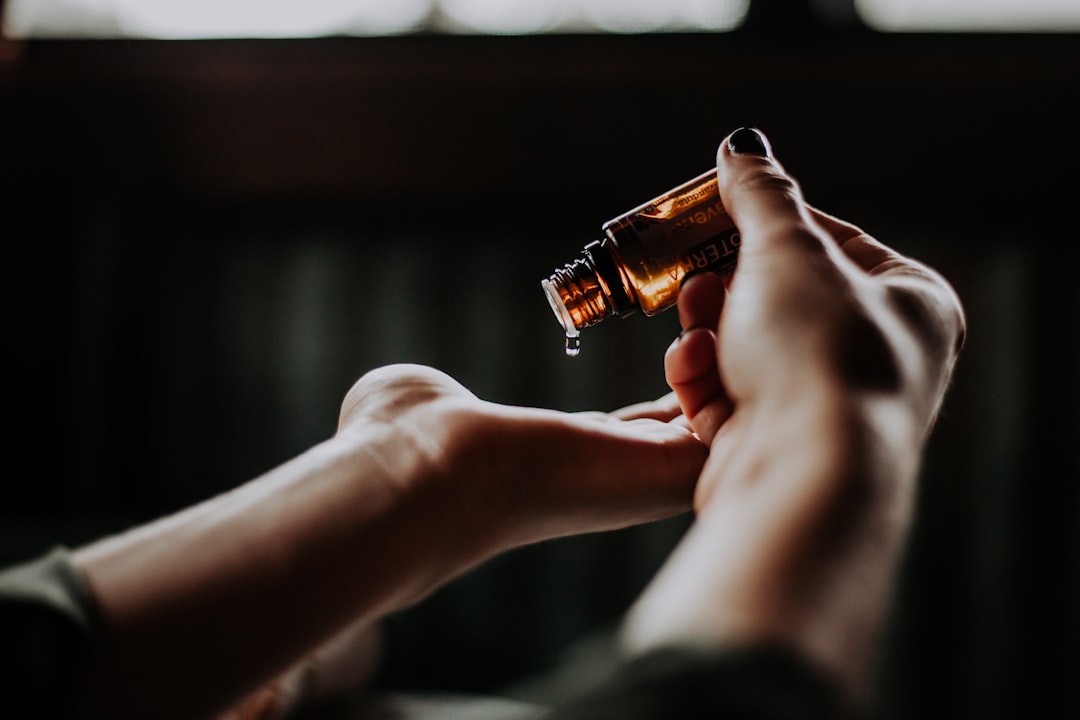Providence, Rhode Island, grapples with massage spa abuse cases stemming from an economic and regulatory environment that attracts both legitimate businesses and illegal operations. Massage abuse attorneys play a crucial role in holding perpetrators accountable, advocating for stricter regulations, better therapist training, and public awareness. Victims share harrowing yet hopeful stories of trauma and resilience, pushing for change to prevent future harm. Regulatory gaps expose clients to danger, underscoring the urgent need for robust measures like mandatory training and inspections to protect patrons. Efforts focus on preventive measures, strict laws, employee training, and public awareness campaigns to create a safer environment.
In recent years, Providence, RI, has been at the forefront of a disturbing trend: massage spa abuse. This introduction explores notable cases that have shaken the city and sparked important conversations about client safety. From historical context to legal battles and victims’ stories, we delve into the complex web of regulatory failures and emerging preventive measures taken by Rhode Island massage abuse attorneys to protect clients. Learn valuable lessons from these experiences to ensure safer spa practices across the state.
Historical Context: Providence's Massage Abuse Scandals
Providence, Rhode Island, has been at the center of several high-profile cases involving massage spa abuse, with a historical context deeply rooted in the city’s unique economic and regulatory landscape. The prevalence of these incidents has sparked significant public concern and media attention, pushing the state to reassess its regulations. Over the years, Providence’s massage industry has attracted both legitimate businesses and establishments operating outside the legal framework, leading to cases of abuse and exploitation.
These scandals have brought to light various forms of misconduct, including sexual harassment, assault, and false advertising. Massage abuse attorneys in Rhode Island have played a pivotal role in holding perpetrators accountable, ensuring justice for victims, and advocating for stricter regulations. The recurring nature of these issues highlights the need for enhanced oversight, better training for massage therapists, and increased public awareness to prevent similar cases from occurring.
Legal Battles: Rhode Island Massage Abuse Attorneys
In cases of massage spa abuse, particularly in Rhode Island, legal battles often emerge as a crucial step towards justice and accountability. Massage abuse attorneys in Rhode Island play a vital role in navigating complex legal systems to ensure victims’ rights are protected. They help survivors find their voice, offering guidance on the legal options available to them. These attorneys have extensive knowledge of state laws regarding massage therapy practices, enabling them to build strong cases against perpetrators.
Through strategic litigation, massage abuse attorneys can hold spas and therapists accountable for negligence, assault, or any other form of mistreatment. Their expertise in personal injury law allows them to fight for compensation that covers medical expenses, emotional distress, and other related damages. This legal process serves as a powerful tool to raise awareness about massage abuse, deter future incidents, and promote safe practices within the industry.
Victims' Stories: A Tapestry of Trauma and Resilience
Massage abuse victims in Providence, RI, have shared their stories—a tapestry woven with threads of trauma and resilience. Many describe feeling vulnerable during what should have been a relaxing experience, leading to physical, emotional, and psychological harm. Some clients reported persistent pain, chronic injuries, and even long-term mental health issues stemming from the abusive sessions.
Despite the darkness of their experiences, these victims’ narratives also highlight remarkable strength and perseverance. They’ve taken steps towards recovery by seeking support, consulting massage abuse attorneys in Rhode Island, and advocating for change to ensure others aren’t harmed. Their resilience serves as a powerful reminder that even in the face of trauma, healing and justice are achievable.
Regulatory Failures: Lessons for Spa Industry Safety
The case of Providence, RI, highlights critical regulatory failures within the spa industry that have led to severe instances of massage abuse. The lack of stringent licensing and monitoring standards has enabled unscrupulous practitioners to operate with impunity, endangering clients’ safety. This crisis underscores the urgent need for more robust regulations and oversight in the massage therapy sector.
Massage abuse attorneys in Rhode Island and advocates are pushing for enhanced legislative measures, including mandatory training programs, regular inspections, and stiffer penalties for non-compliance. By learning from these mistakes, the spa industry can implement better safety protocols and protect patrons from potential harm. Such reforms are essential to ensuring that relaxing spa experiences do not come at the cost of personal well-being and security.
Preventive Measures: Safeguarding Clients in Rhode Island Spas
In light of the disturbing cases of massage spa abuse in Providence, RI, there’s an urgent need for enhanced preventive measures to safeguard clients. This includes stringent regulatory checks on spas and massage parlors to ensure they adhere to safety standards and employ qualified, licensed professionals. Massachusetts and Rhode Island massage abuse attorneys play a crucial role here by advocating for stricter laws and better enforcement mechanisms.
Furthermore, public awareness campaigns can help educate both clients and owners about the red flags of potential abuse. Training programs for spa employees on recognizing and reporting suspicious activities can also be life-saving. By combining legal advocacy with proactive measures, Rhode Island can create a safer environment for those seeking relaxation and wellness treatments, deterring abusers and holding them accountable under the law.



